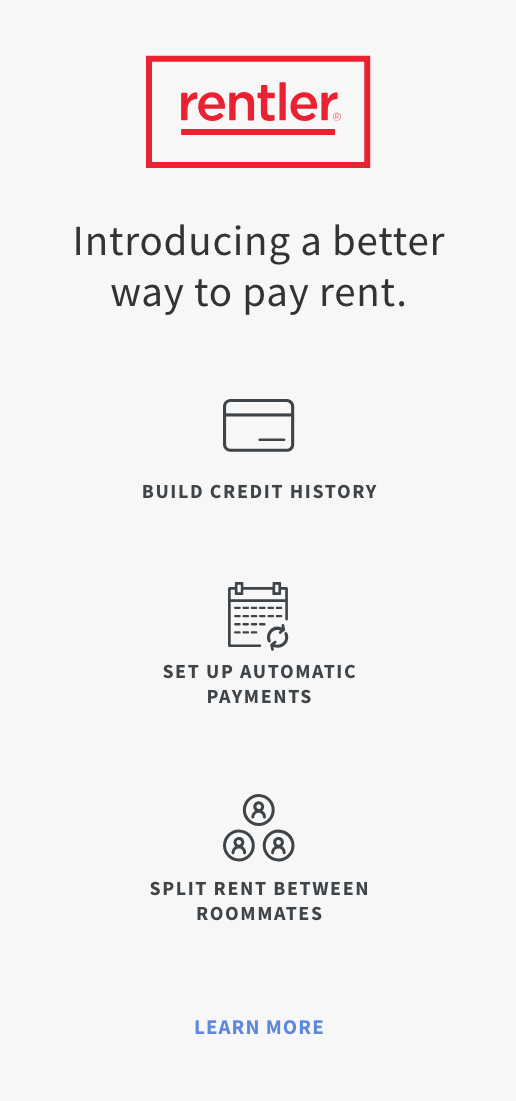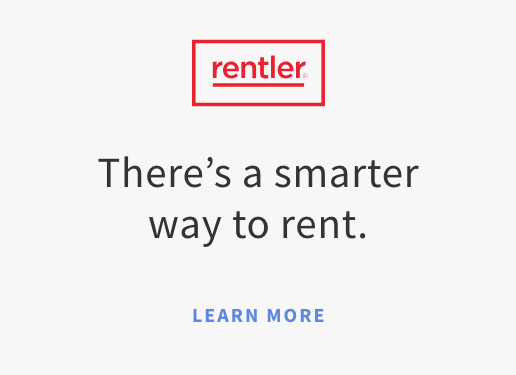Renting an apartment or house for the first time can be an exciting and overwhelming experience. To make the process as smooth as possible, it’s important to be prepared and to know what to expect. Below is a checklist of 10 things to follow for success as a first-time renter.
- Establish a budget: Before you start looking for a place to rent, it’s important to establish a budget. Determine how much you can afford to spend on rent and utilities each month and stick to it. This will help you narrow down your search to properties that are within your price range.
- Check your credit: Your credit score plays a big role in determining whether or not you will be approved for an apartment or house. Make sure to check your credit report and address any issues that may be affecting your score.
- Find the right location: Consider the location of the property when looking for a place to rent. Think about how close it is to your work or school, public transportation, and amenities such as grocery stores and restaurants.
- Research the landlord: Before signing a lease, research the landlord or property management company. Check online reviews and ask for references from current or past tenants. This will give you an idea of what to expect when it comes to communication, maintenance, and other aspects of the rental experience.
- Read the lease carefully: Before signing a lease, make sure to read it carefully and understand all of the terms and conditions. Pay attention to details such as the length of the lease, the amount of the security deposit, and any restrictions on things like pets or guests.
- Take photos and videos of the property: Before you move in, take photos and videos of the property to document its condition. This will help protect you from any disputes that may arise about damage or cleaning when you move out.
- Understand your rights: As a tenant, you have certain rights that your landlord must respect. Make sure to familiarize yourself with these rights, such as the right to privacy and the right to a safe and habitable living environment.
- Know the move-in and move-out process: Understand the process for moving in and moving out of the property. This includes knowing when you can move in, when rent is due, and the procedures for returning the keys and getting your security deposit back.
- Keep records: Keep records of all communication and transactions with your landlord. This includes copies of the lease, rent receipts, and any correspondence about repairs or other issues.
- Take care of the property: As a tenant, it’s important to take care of the property and to keep it in good condition. This includes regular cleaning and maintenance, as well as reporting any issues or repairs that need to be made in a timely manner.
In conclusion, as a first-time renter, it’s important to be prepared and to know what to expect. By following this checklist, you can ensure a successful rental experience and make the transition into your new home as smooth as possible.
5 Common Questions for First-Time Renters to Consider
1. What documents do I need to provide in order to rent an apartment?
Typically, landlords will require a government-issued ID, proof of income, and a credit check. Some landlords may also require references from previous landlords or employers.
2. How much should I expect to pay for a security deposit?
Security deposit amounts can vary depending on the landlord and the specific apartment, but it’s typical for landlords to charge one month’s rent as a security deposit.
3. Are utilities included in the rent?
This can vary depending on the landlord and the specific apartment. Some landlords may include utilities in the rent, while others may require tenants to pay for utilities separately.
4. Can I paint or make other changes to the apartment?
This will depend on the terms of the lease and the specific landlord. Some landlords may allow tenants to make changes to the apartment, while others may prohibit it.
5. What should I do if I have a maintenance request or issue with the apartment?
Most landlords will have a designated point of contact for maintenance requests, such as a property manager. It’s important to notify the landlord or property manager as soon as possible if you have an issue that needs to be addressed.




